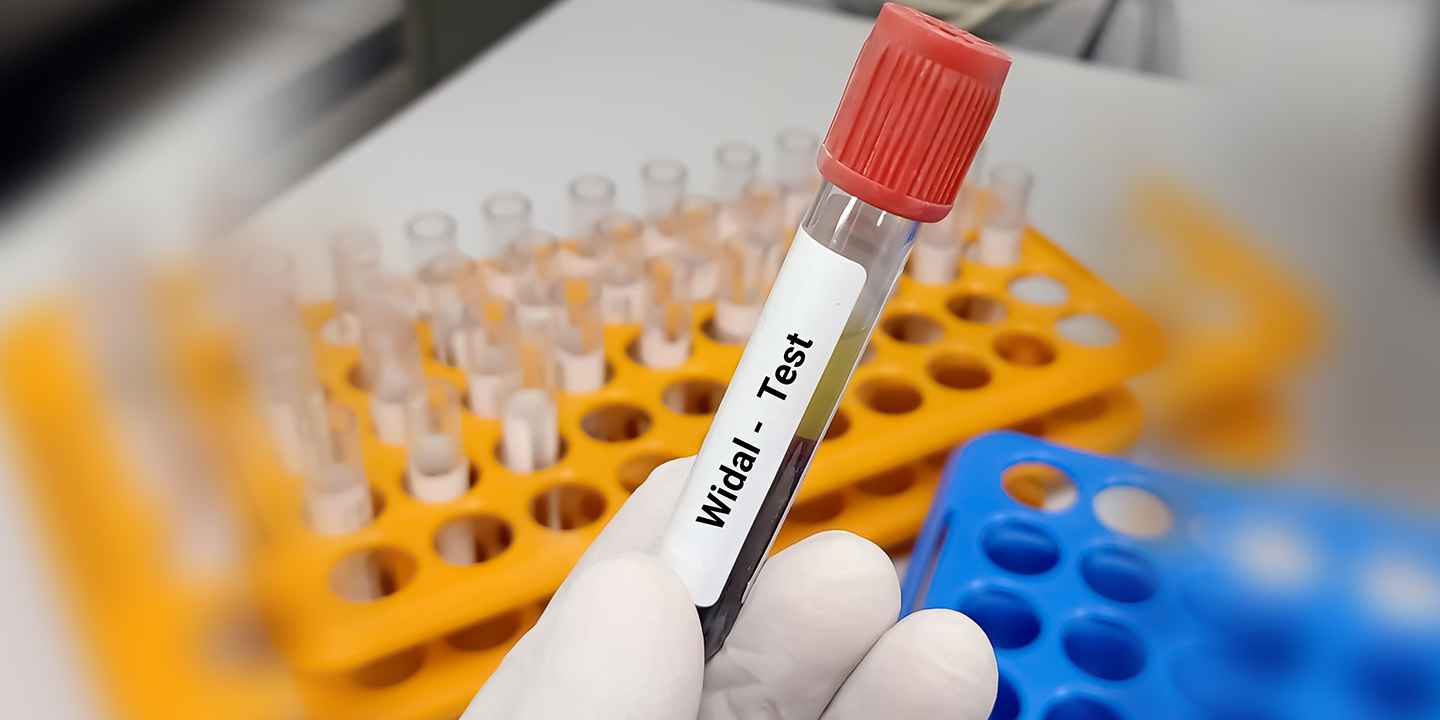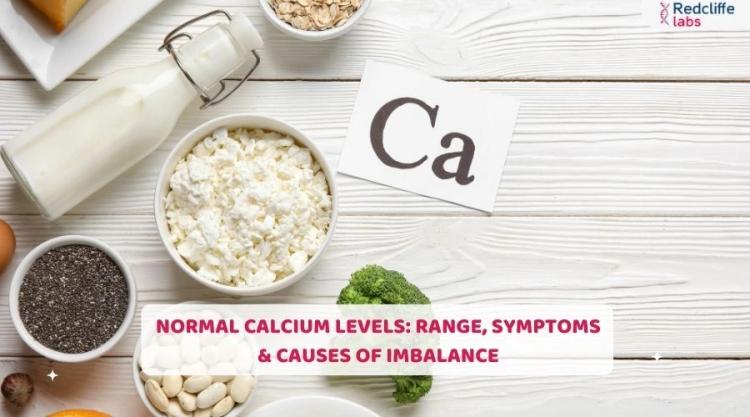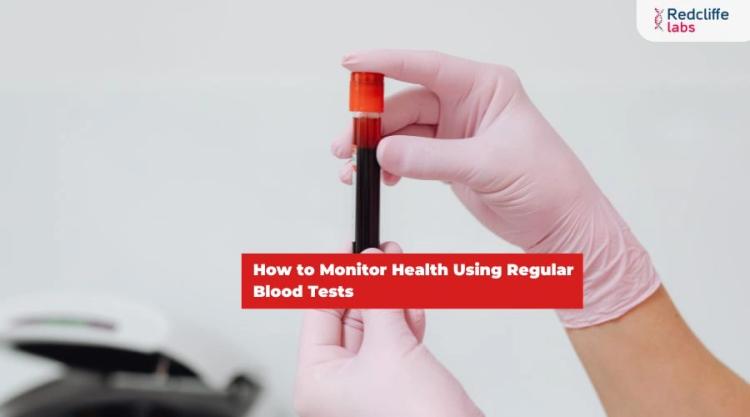Typhoid Tests Information: Price, Symptoms & Causes

Medically Reviewed By
Dr. Ragiinii Sharma
Written By Prekshi Garg
on Aug 22, 2022
Last Edit Made By Prekshi Garg
on Jan 9, 2025

In most developing countries, typhoid fever is one of the most important health concerns. The estimated incidence of typhoid fever is around 540 per 100000 population.
According to the World Health Organisation (WHO), the annual burden of typhoid fever around the globe is approximately 11-20 million resulting in around 1,28,000 - 1,61,000 deaths per year. With such rapidly increasing cases of typhoid across the globe, it is important that you know about typhoid fever, its symptoms, the test used for typhoid detection, and its cost. So make sure you read through this article completely to know all about typhoid, its diagnosis and treatment.
What are the symptoms of typhoid?
The incubation period of typhoid fever is around 7-14 days, that is, it takes 7 to 14 days for the symptoms of Salmonella typhi infection to appear in your body. The group of people who do not have access to safe water and sanitation is more prone to developing typhoid fever. The most common typhoid symptoms are:
- Headache
- Fatigue
- Nausea
- High-grade fever
- Weakness
- Loss of appetite
- Weight loss
- Constipation
- Swollen abdomen
- Skin rashes
Typhoid is a leading health problem around the world. The causative agent of typhoid fever is the bacterium Salmonella typhi. The bacterium is generally spread through contaminated water and food. Typhoid fever is a leading cause of morbidity in the urban and peri-urban populations. The early diagnosis of typhoid fever can make its treatment possible thereby reducing its mortality rate. Read this article to know about the typhoid diagnosis test.
What are the causes of typhoid fever?
The main causative agent of typhoid fever is Salmonella typhi. In most of the cases, patients get infected with the bacteria when they are travelling and further spread it through faecal-oral route. The most common ways by which you can get infected with the bacterium include:
- The bacterium can be passed by an infected person through their urine or faeces.
- You can get infected by consuming food handled by a typhoid infected individual.
- If an infected individual hasn’t washed the toilet properly after using, then that can also facilitate the spread of the bacterium.
- Drinking water contaminated with the bacteria can also infect you.
It is not necessary that typhoid is spread through people who show symptoms of infection only. Many times, people who have undergone antibiotics treatment for typhoid, may still continue to spread infection. Such individuals are known as the chronic carriers of typhoid as they no longer show symptoms of typhoid fever but are still able to spread the bacteria to other people.
Which test is done for typhoid detection?
The diagnostic tests used for typhoid detection are:
IgM test
In this method, the IgM antibodies specific to the bacterium Salmonella typhi are detected. It is used for detecting the markers at an early stage. The test can detect typhoid fever around 2-3 days after the onset of the symptoms.
Blood culture
It is the gold standard method for the diagnosis of typhoid fever. This method requires the isolation and identification of the bacteria from your sample for testing. The blood culture test gives the best results if it is performed within one week of the onset of the symptoms. Better results are obtained through multiple blood cultures using larger sample volumes.
Real-time PCR
Real-time polymerase chain reaction (PCR) is a molecular test that is used for the diagnosis of typhoid fever. The test is generally conducted within the first 5 days of the onset of symptoms.
Widal test
The most common test that you might have heard for typhoid is the Widal test. But unfortunately, this test is not used for the diagnosis of typhoid fever in the laboratory. This is because the Widal test developed in the 1800s can give inaccurate results due to cross-reactivity with other infectious agents. It is the most common rapid serological test for the diagnosis of typhoid fever. It works on the principle of biochemical agglutination. It detects the presence of O and H serum agglutinins in the serum collected from your blood sample. Widal test can be performed using two different methods, that is, the slide method and the tube method.
Purpose of the Typhoid test
Your healthcare provider may recommend the typhoid test based on your symptoms. The purpose of the Typhoid test is:
- To diagnose and confirm growing Salmonella typhi in your blood sample.
- Typhoid symptoms are similar to other fevers, so the test helps to confirm whether the symptoms are due to typhoid fever.
- Early detection may help to know the severity of the disease and help you get treated on time.
Preparation for Typhoid Test
The typhoid test does not require any special preparation, but there are some general guidelines you should keep in mind before taking the test;
- The test does not require fasting; you can eat and drink as usual before the test.
- Know your doctor about any medications you take.
- Follow the instructions provided by your healthcare expert to avoid any discrepancies in the test.
The procedure of the Typhoid Test
The typhoid test can be done through two methods: blood tests and stool culture tests. Here is the general procedure for a typhoid test;
- Blood test: Sit comfortably and relax; your phlebotomist will take the blood sample from the vein of your arm. The healthcare provider will tie a band to make the vein more visible and then clean the arm area with an antiseptic. After that, the lab expert will collect the blood sample in a test tube. After collecting the sample, they will put in a cotton gauze and bandage to stop bleeding.
- Stool Test: Your healthcare provider will give you a container to collect the stool sample. Wash your hands, collect the sample in the container, and seal it. Give it to your healthcare provider for further testing.
What do the Typhoid Test reports indicate?
The Typhoid test is used to diagnose typhoid fever. After sample collection, the reports will be available within 12 hours. The test reports will show reactive and not reactive results:
- Reactive Results: The reactive test results indicate the high titers of anti-O and anti-H antibodies, which shows the presence of Salmonella typhi.
- Not reactive Results: The test results indicate the absence of Salmonella typhi antibodies in the blood, which means you don't have typhoid.
What if the test reports are positive?
The positive test reports indicate the widal test, which suggests the presence of Salmonella enterica serovar Typhi bacteria in your blood. You might feel symptoms like fever, body aches, red spots on your body, or loss of appetite. The symptoms take 5-6 days to go away. Consult your reports with your doctor; your doctor is the right person who can analyze your condition and prescribe your medicines. Take your medications regularly and eat a healthy diet for speedy recovery.
Tips to Manage Typhoid
Here are some tips to reduce the symptoms and body weakness and to get well soon.
- Take your prescribed medications regularly.
- Keep yourself hydrated with electrolytes, fruit juices, etc.
- Take a balanced and nutrition-rich diet.
- Take rest to allow your body to recover.
- Avoid eating fast foods.
- Consult with your healthcare provider from time to time.
What is the typhoid test price?
The typhoid test price can vary depending upon the place where you are getting your test done and the diagnostic lab as well. At Redcliffe Labs, the cost of a typhoid fever test is approximately Rs 400/-.

Typhoid Test Price in Different Cities - Redcliffe Labs
| City Name | Discounted Price |
| Delhi | ₹400 |
| Ahmedabad | ₹400 |
| Mumbai | ₹400 |
| Bangalore | ₹400 |
| Noida | ₹400 |
| Pune | ₹400 |
| Lucknow | ₹400 |
| Hyderabad | ₹400 |
| Chennai | ₹400 |
| Gurgaon | ₹400 |
| Jaipur | ₹400 |
| Faridabad | ₹400 |
| Indore | ₹400 |
| Patna | ₹400 |
Takeaway
Typhoid fever is a very common disease in India. The early detection of typhoid not only aids in its treatment but also helps in controlling the spread of the infection. Typhoid is generally a foodborne disease, that is, it spreads through contaminated food and water. Now that you know the symptoms and diagnosis of typhoid fever, make sure that you get yourself tested immediately if you observe these symptoms in yourself.
Frequently Asked Questions (FAQs)
-
Can CBC test detect typhoid?
CBC or complete blood count tests done during typhoid will only show an increase in the number of white blood cells (WBCs). A more specific test is required for the confirmatory diagnosis of typhoid fever. These tests include widal test, IgM test, blood culture, and real-time PCR.
-
Which test is done for diagnosis of typhoid in the first week?
Real time polymerase chain reaction, that is, real time PCR is used for the diagnosis of typhoid within the first 5 days of appearance of symptoms.
-
What is the normal range for typhoid test?
The normal range for typhoid test name widal test is less than 1:20, 1:40, 1:80, or 1:160.
Leave a comment
1 Comments
सुनील कुमार
Aug 29, 2024 at 5:56 PM.
आज हमने टाइफाइड चेक कराया जिसमे 1.160 का रिपोर्ट आया डाक्टर बोल रहे की टाइफाइड है रिर्पोट का चार्ज 60 रुपया लिए क्या मैं सच में टाइफाइड से ग्रसित हूं बताने की कृपा करे
MyHealth Team
Aug 30, 2024 at 2:43 PM.
रिपोर्ट में 1.160 का मूल्यांकन टाइफाइड के संकेत हो सकता है, लेकिन सिर्फ रिपोर्ट पर निर्भर न रहें। डॉक्टर से सलाह लें और जरूरी होने पर अतिरिक्त जांच करवाएं।



